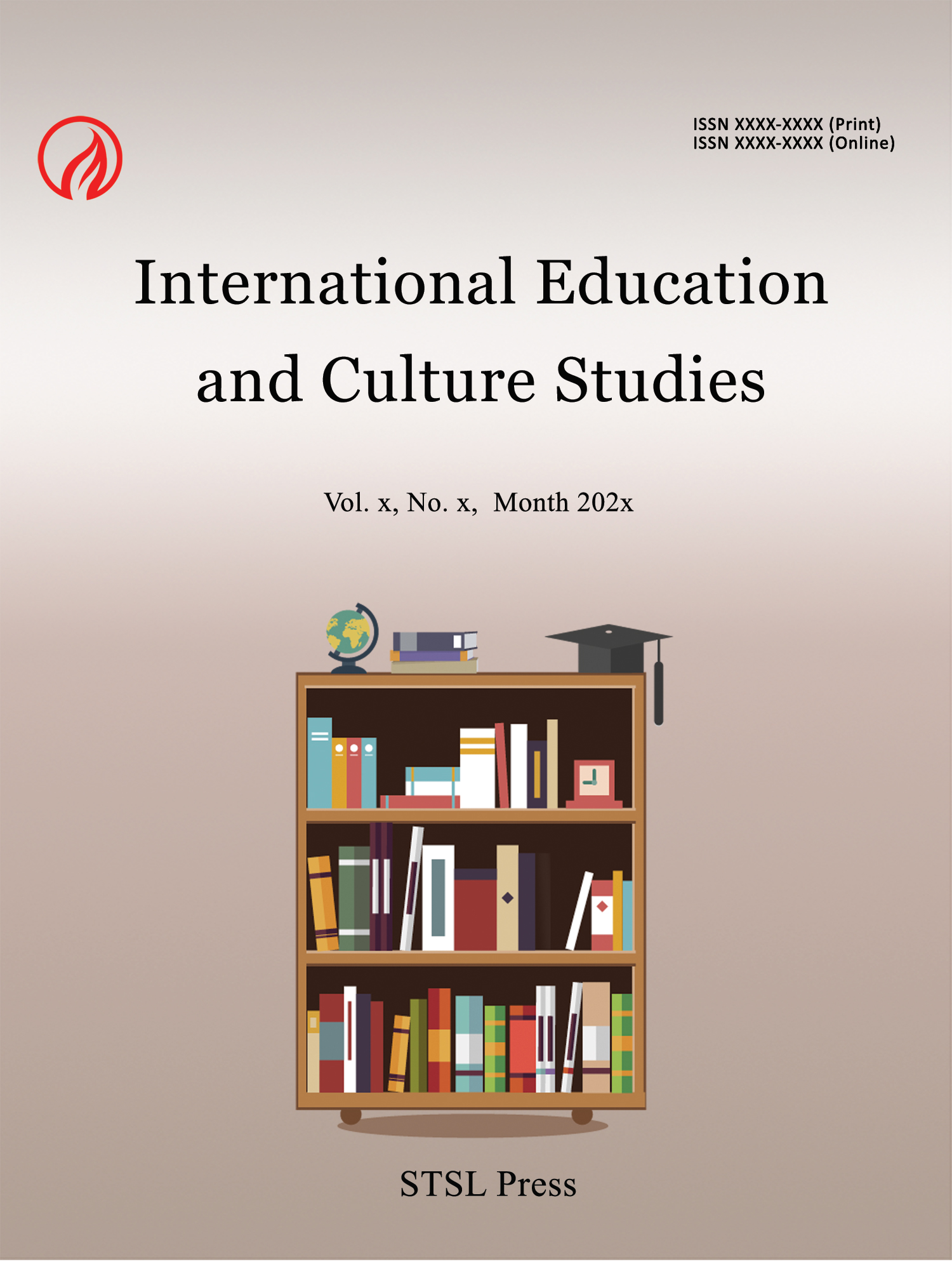Improving Leadership Skills to Meet the Standards of The Bhutan Baccalaureate Philosophy through Distributed Leadership Practices
Wangmo
Abstract
The Distributed Leadership is one of the leadership practices adopted across the world to empower teachers in the educational reforms. It focuses on building leadership competencies for the organizational success. This study, in the comparative contexts of a conventional school leadership practices and the distributed leadership practices examines how the later practice meets the leadership standard of the Bhutan Baccalaureate philosophy in the transitioning process of the school administration and management.
The study uses the qualitative approach such as interview (semi-structured), survey and observation to collect data. The research participants are the faculty members shouldering key leadership roles and also the faculty members without the leadership roles. The findings from the study reveals that the distributed leadership practices can lead to enhancement of the leadership skills such as effective communication, collaboration, self-regulation and confidence developing mutual trust and respect.
Therefore, the distributed leadership practice needs to be intensified by empowering teachers in contextualization of the curriculum and school programs. Furthermore, the emerging distributed leadership responsibilities are recognized where dominance of top-down decisions are ultimately not applicable. It is this which the distributed leadership practice is better than the conventional school leadership practices. The role of the principal in distributed leadership practice outlines to address external development and overcome micro-political barriers for overall functioning of the school. The outcome of the study fixes a need for the perspective shift in the mindset of the school leaders which is a challenge today.
Paper:
pdf
DOI:
https://doi.org/10.71002/iecs.v2n4p27
 This work is licensed under a
Creative Commons Attribution 4.0 License.
This work is licensed under a
Creative Commons Attribution 4.0 License.
Contact us
- Jerry Lee
- iecs@stslpress.org
